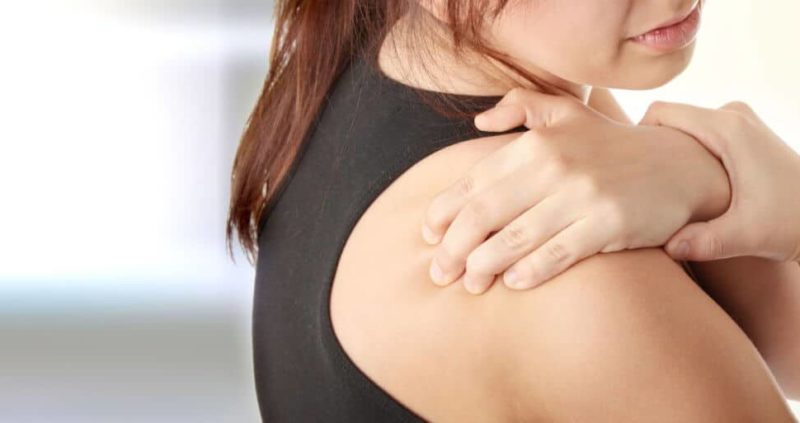Muscle twitching might be due to some unknown medical problem that you are facing. Have you ever experienced a sudden jerk in your muscles which gives you worst pain, and you start feeling helpless?
Can you imagine your health at its risk due to muscles pain?
Let us move forward with the article to get clearer about the topic.
Table of Contents
What is Muscle Twitching? Is It A Medical Problem?
Muscle twitching is involved a minor muscle retrenchment in the corpse. As we all know that our muscles are made up of fibers and nerves, so any fault in one of them might lead to the muscle jerk.
They are excellent fractions of a minute region of muscle. Jolts can crop up in the arms, feet, fingers, hands, head, legs, stomach, eye muscles and added parts of the corpse.
Instinctive strength twitches can be can be frustrating at times. Muscle jerks are negligible and often go unobserved. Some are frequent and usual. Others may be a sign of ruthless forms of fitness conditions such as a hit, disturbing brain wound, and nervous structure chaos.
Most probably, such minor jolts go unnoticed by us humans. But in some cases, they might cause a severe nervous breakdown during which you need to concern your doctor.
Causes Muscle Twitching
Twitches may be momentary or everlasting. There are numerous causes for muscle jolts that diverge considerably in harshness.Negligible jerks may be source owed to caffeine utilization or dryness.
Some twitches may be the consequence of a neurological situation or distressing brain damage.For some, the root of jolts remains unidentified.
Hence, some of the significant causes comprise:
- Autoimmune disarrays such as Isaac syndrome.
- Lack of moisture due to a disproportion in the electrolytes
- Lack of dose.
- Side upshot of assured drugs such as corticosteroids, or estrogens.
- Medical circumstances such as potassium absence and kidney disease-uremia.
- Vitamin deficit.
- Extreme strain or nervousness.
- Nervous scheme situations such as Amyotrophic lateral sclerosis, feeble muscles (myopathy), Spinal strapping atrophy and Neuropathy (damage to the nerve).
Diagnosis of the Muscle Twitching:
The diagnosis of the muscles pain will all depend on when the twitching started, where do you get the jolting, how frequently it occurs, how long the muscle pain resides, etc.
Based on the symptoms, your doctor might suggest you to for the following diagnostic tests:
- Blood test to estimate the electrolyte intensities and the thyroid utility.
- MRI scans.
- CT scans.
- Electromyography to detect the health of your muscles and the nerves controlling them.
Search for a specialized estimation from your fitness care supplier if your twitches are unrelenting. An instantaneous medicinal diagnosis and assessment can help in interpreting more details about this exclusive therapeutic situation.
After all, Health is Wealth!






